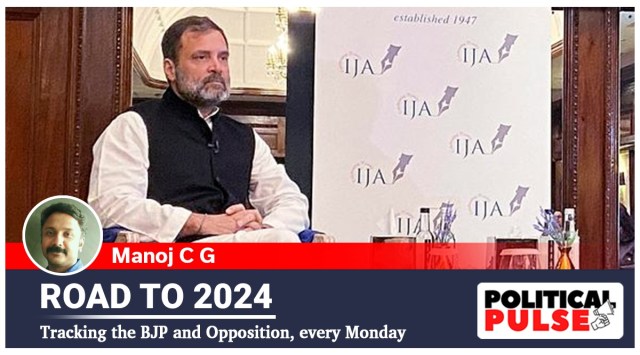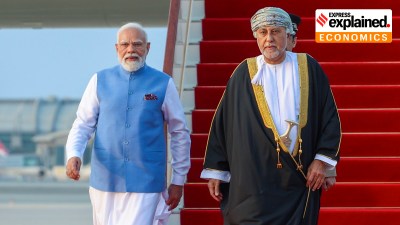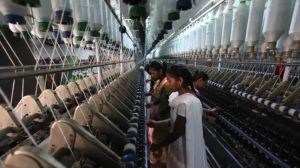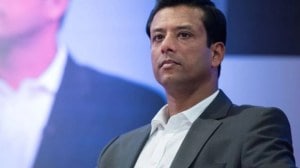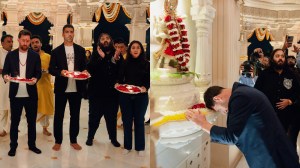
In a crucial election year, there is so much talk about Opposition unity but the signals emanating from the parties suggest an attitude of “to each their own”. The Congress, the main Opposition party, has been giving mixed signals. The latest is Rahul Gandhi’s vague remark that the Congress has “got some very interesting ideas of how we can move forward and also bring the Opposition together (but) I don’t want to … spoil the surprise”.
Interestingly, Gandhi still believes that Congress is the only party that can provide a “central ideological framework and structure” against the BJP and the regional parties have a space in their respective states. In Udaipur last year, he argued that the Congress alone could fight the BJP as the regional parties neither had an ideology nor a centralised approach.“Regional parties belong to some caste. They don’t represent everyone,” he said back then.
In the last fortnight, Congress president Mallikarjun Kharge too has swung from one extreme to another. In Nagaland, he declared that a Congress-led alliance would come to power in 2024. At the party plenary in Raipur, he spoke of the “UPA (United Progressive Alliance) model”. In Chennai, he moved the needle a bit when he said all like-minded Opposition parties must come together to fight the BJP and that he “never said who will lead or who will become the Prime Minister”. At Tamil Nadu Chief Minister M K Stalin’s birthday celebrations, he said, “We are not saying who will lead or who is not going to lead. It is not the question. We want to fight together, unitedly. That is our desire.”
But the signals from some of the other Opposition parties signal that they will fiercely guard their turf and not enter into any arrangement with the Congress that they see as baggage. The Congress too would like to keep some of them, especially the Aam Aadmi Party (AAP), the Bharat Rashtra Samithi (BRS), and the TMC, at arm’s length.
Mamata Banerjee has already signalled that the TMC will contest the 2024 elections alone. The Samajwadi Party (SP) and the Bahujan Samaj Party (BSP) too will like to play solo. The BRS wants a tactical understanding with some of the non-Congress Opposition parties in states where they are strong. The Janata Dal (United), or JD(U), and the Rashtriya Janata Dal (RJD) will drive a hard bargain and limit, as much as possible, the seats will like to contest in Bihar.
Story continues below this ad
There is a huge trust deficit among many of the parties. So much so that the parties find it difficult to come together even on basic issues on which they feel threatened. That the Congress, the DMK, and the Left were not part of a letter written by eight parties to the Prime Minister — alleging blatant misuse of central agencies by his government — shows the limitations of the unity bid. The Congress’s central leadership has neither welcomed nor condemned Manish Sisodia’s arrest unequivocally. While some Delhi Congress leaders have welcomed the arrest of the AAP leader, the party high command criticised the use of central agencies for “harassment” of Opposition leaders but did not mention any name. The fierce war of words that broke out between Mamata and the Congress in West Bengal after the ruling party’s surprise bye-election defeat in Sagardighi has complicated the unity bid further.
A large section of Congress functionaries and some of the leaders in other Opposition parties too feel that a minimal division of anti-BJP votes should be ensured in every state. But when it comes to their backyard, the parties baulk. For instance, the Left or the TMC will not agree to a seat-sharing understanding in West Bengal. But the Left will want parties to unite in other states. The situation is the same in Punjab, Uttar Pradesh, Delhi, Andhra Pradesh, and Telangana where there are dominant regional parties. In states where the Congress is strong, it will want to contest all the seats.
Despite all the platitudes about Opposition unity, most of the parties agree that there may be seat-sharing deals in some states and there will be fierce contests and friendly fights in some. Some of the non-Congress Opposition parties can talk about a third front with little relevance on the ground. The Congress, being the main Opposition party, will have to reach out to other parties if a tactical understanding in states is to be worked out.
“I think the basic idea that the RSS and the BJP need to be fought and need to be defeated is deeply entrenched in the minds of the Opposition. There are tactical issues that require discussion. In some states they are very simple … other states they are slightly more complicated but the Opposition is very much capable of having this discussion and resolving it,” Rahul said at an event in London on Saturday.
The question is who will take the initiative.

